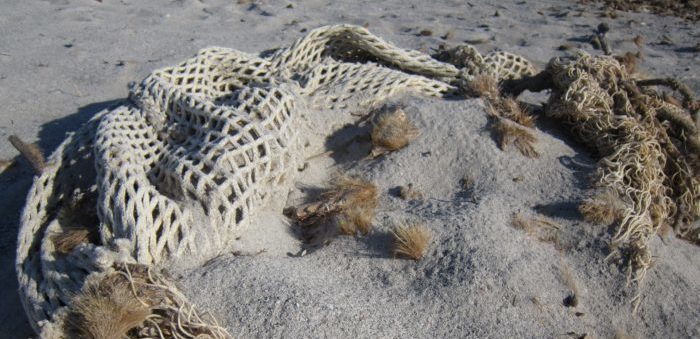The European Union applauds Taiwan’s attempts on tackling illegal fishing. Thus, the European Commission decided to lift the yellow card acknowledging the progress made by Taiwan and the major upgrade of its fisheries legal and administrative systems to fight against IUU fishing. The EU and Taiwan will continue addressing labour conditions in the fishing sector in the framework of their human rights consultations.
After the issuing of the yellow card in October 2015, the European Commission, on behalf of the EU, and Taiwan have engaged in three and a half years of intense cooperation and dialogue.
[smlsubform prepend=”GET THE SAFETY4SEA IN YOUR INBOX!” showname=false emailtxt=”” emailholder=”Enter your email address” showsubmit=true submittxt=”Submit” jsthanks=false thankyou=”Thank you for subscribing to our mailing list”]
In light of Taiwan’s progress, the authorities have now the opportunity to use a variety of modern and efficient tools to fight IUU fishing in place. This is a major step forward, given that Taiwan’s long distance fleet is the second largest in the world, and therefore plays a central role in the international supply chain for fisheries products.
In addition, as part of the attempts to end illegal fishing, Taiwan has also reinforced obligations imposed on Taiwanese operators owning fishing vessels flagged to third countries.
The Eu announced that it will propose the establishment of a dedicated IUU Working Group, which enable both sides to maintain a close relation on matters such as IUU fishing and how to fight it.
Karmenu Vella, Commissioner for Environment, Maritime Affairs and Fisheries, commented
I welcome the considerable efforts undertaken by Taiwan to reform its fisheries legal framework, implement new control tools and improve the traceability of marine fisheries products.
According to European Commission’s statement, annually between 11 and 26 million tonnes of fish are caught illegally, corresponding to at least 15% of the world catches. The EU is the world’s biggest importer of fisheries products.
From November 2012, the Commission proceeded to dialogues with 25 third countries, warning them to take effective actions to tackle IUU fishing. Only a few countries have not shown the necessary commitment to reforms until now. As a result, fisheries products caught by their vessels cannot be imported into the EU, identification or red card.






























































